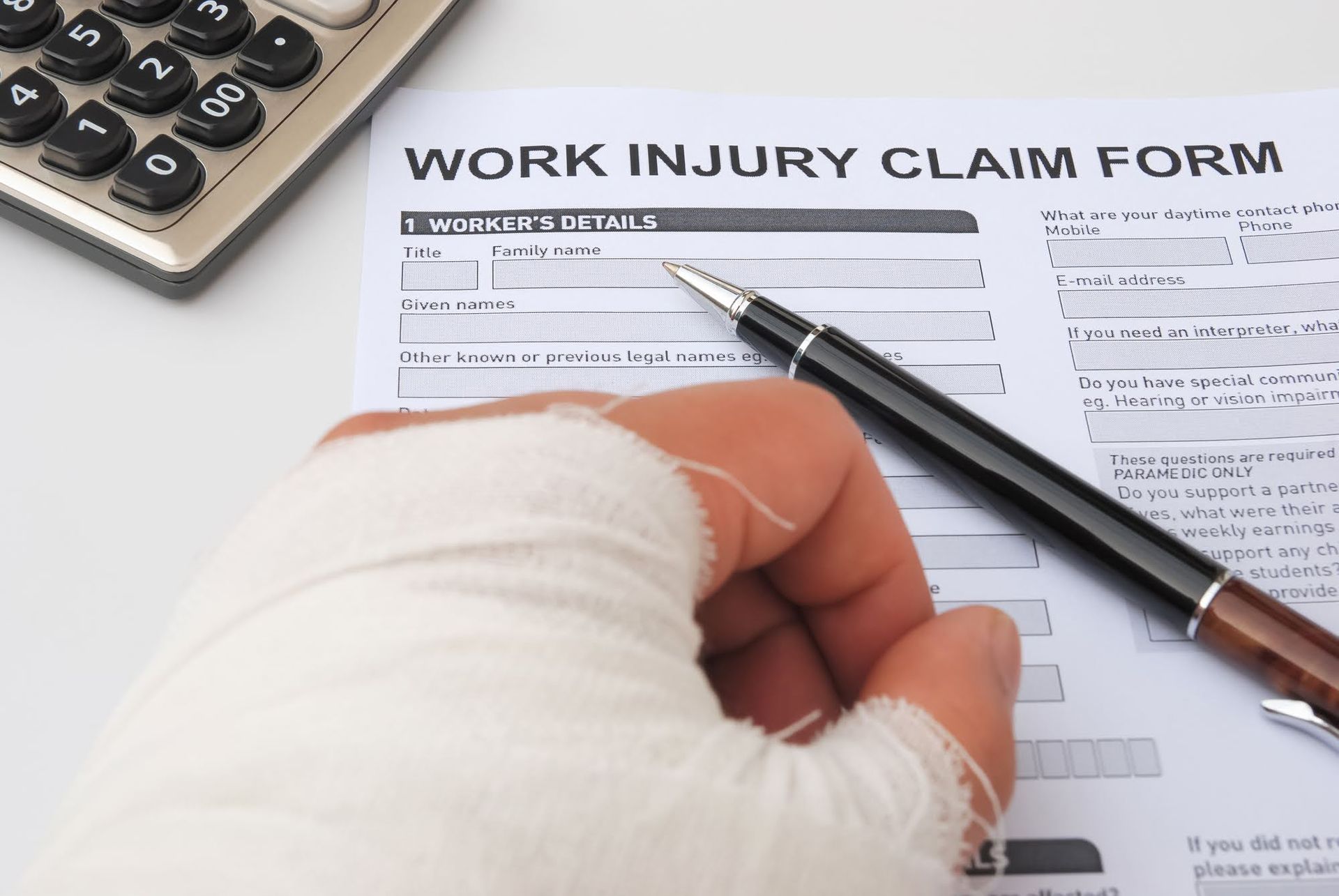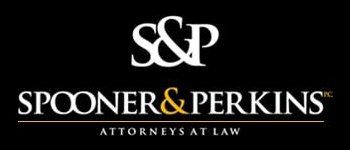Address: 1201 East Street Parkville, Missouri 64152
Toll Free:
Call Us Now:
Workplace Accidents and Wrongful Death Claims

When people die on the job due to workplace accidents, their families may seek compensation. This can be obtained through workers' compensation insurance or by filing a wrongful death claim. This post will provide a detailed explanation of how to pursue compensation in such cases.
Common Causes of Wrongful Death at the Workplace
Wrongful death at the workplace can occur due to the absence or malfunction of safety equipment. Insufficient or faulty protective gear—such as helmets, harnesses, or gloves—can leave workers vulnerable to life-threatening situations.
Failure to maintain a safe working environment, promptly address potential hazards, or implement necessary safety measures can have dire consequences. Inadequate supervision and lack of proper risk assessment also play a role.
Defective machinery, electrical hazards, or malfunctioning tools can also pose significant safety risks to workers. Such failures can result from poor maintenance practices, substandard equipment quality, or inadequate inspections.
Steps to Take After a Wrongful Death at the Workplace
The first step is to consult with a qualified attorney specializing in wrongful death cases. The attorney will guide you through the legal process and inform you about the relevant state laws.
Maintain a comprehensive file of all relevant documents associated with the deceased's death. These documents include medical records, hospital bills, test results related to the fatal injury, end-of-life service expenses, employment records, and insurance policies.
Furthermore, acquiring a copy of the death certificate is vital for pursuing a wrongful death claim. You can obtain this document by contacting the county coroner's office or consulting your attorney or the funeral director involved in handling the deceased's services.
Damages in Wrongful Death Cases
The damages in wrongful death cases are non-economic, financial, and punitive damages.
Non-economic damages in a wrongful death case encompass subjective losses that are challenging to quantify monetarily. They may include the pain and suffering experienced by the deceased from the accident or wrongdoing until their death. Some states also compensate for the loss of emotional support felt by immediate family members due to the absence of the deceased's love, companionship, and support.
Financial or economic damages are easier to assess in terms of monetary value. They typically involve medical expenses resulting from the injury or illness that led to the death, lost financial support that the deceased would have provided to family members, and funeral and burial expenses. These damages often require input from financial or economic experts to determine their accurate value.
Punitive damages may be awarded in a wrongful death case if the defendant acted recklessly or intentionally in connection with the death. Punitive damages are meant to punish the wrongdoer and are awarded to the plaintiff, the person filing the lawsuit.
Negligence and Liability
Negligence in the context of wrongful death at the workplace refers to the failure of an individual or entity to exercise reasonable care and caution, resulting in the death of an employee. It involves a lack of proper attention, care, or action that a responsible person or organization should have taken to prevent harm.
When negligence is present, it means that someone directly contributed to the death by acting in a way that deviates from the standard of care expected in a particular situation. This could include a failure to provide a safe working environment, inadequate training, insufficient supervision, or disregarding safety protocols.
By not employing proactive measures to prevent harm or by engaging in careless actions, the responsible party may be held liable for the wrongful death. Negligence shifts the responsibility onto the individual or organization that should have acted responsibly and reasonably to protect the well-being and safety of the employee.
You might qualify for workers' comp benefits if your loved one dies at work. At Spooner & Perkins, P.C., we provide free consultations to discuss your rights and choices. Our work injury lawyer services are available in Kansas and Missouri. Contact us now for more information.

CONTACT INFORMATION
Email:
Phone:
Toll Free:










